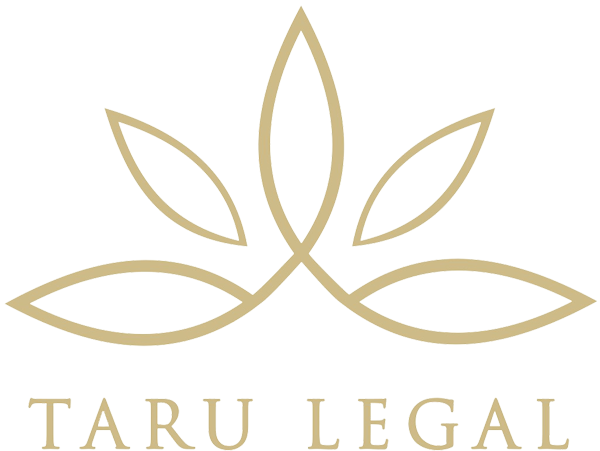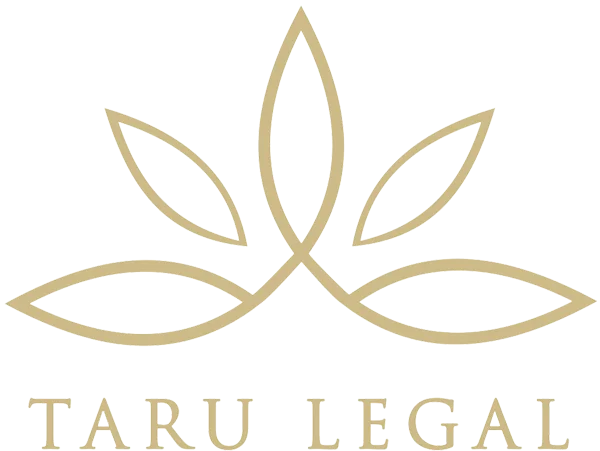A trademark or a brand name can be understood as a symbol which may be a word, signature, name, device, label, numerals or combination of colours used on particular goods or services or other articles which is capable of distinguishing one’s goods and services with that of others.
Trademark is granted to graphically representable (that is in paper form) marks whereas a Patent is granted to inventions and Copyrights are granted to literary, dramatic, musical, artistic works, sound recording and cinematographic films.
No. Trademark registration is not mandatory. You can establish “common law” rights in a mark based solely on use of the mark in commerce, without a registration.
A trademark registration will confer an exclusive right to the use of the registered trademarkalong with other benefits –
1. Registration grants legal presumption that you own the trademark and have the right to use it. The registration certificate proves ownership and therefore, in Courts the burden of proof falls on the alleged infringer.
2. The mark gets listed in the Trademark Registry database. This provides public notice to anyone searching for similar trademarks and deters them from choosing a similar name.
3. The right to use the symbol ® with your trademark to show that the mark is registered.
4. If one wants to register the trademark in countries other than India, the trademark registered in India can be used as basis of registration there.
5. Registration of a mark creates an intangible asset i.e. Intellectual Property for an organisation. Registered trademark is a right created which can be sold, assigned, franchised or commercially contracted.
The legal requirements to register a trademark under the Trade Marks Act, 1999 are:
● The mark should be capable of being represented graphically (that is in paper form).
● It should be capable of distinguishing the goods or services of one undertaking from those of others.
● The trademark should be used or proposed to be used, in relation to goods or services for the purpose of indicating connection in the course of trade between the goods or services of one person from that of the other.
However with the advent of technology and business innovation certain trademarks which do not fall strictly in these criteria are also granted trademark protection. For E.g.- Sound marks.
Any person, claiming to be the proprietor of a mark can apply for registration of a trademark. The application should contain (i) the trademark, (ii) the good/ services for which the mark is supposed to be used or is being used, (iii) details of use of the mark, (iv) details of owner of the mark and attorney (or agent).
Where the applicant is an Individual / Startup/Small Enterprise Rs. 5,000 for physical filing and Rs.4500 for e-filing and in case of other entities Rs.10000 for physical filing and Rs.9000 for e-filing is payable.
The term of trademark registration is ten years. It can be renewed indefinitely on payment of additional fees.
The procedure for filing of Trademark/ Collective Marks/ Certification Mark/ Series of Trademark for specification of goods or services included in one or more than one class in India involves filing Form TM-A application for registration. Other forms and procedure also comes into action in subsequent stages of registration in case of Objection, Opposition, etc.
The ™ sign denotes that the Trademark has been filed for registration at the Trademarks Office, i.e., the registration is pending. Whereas the ® sign denotes that the mark has been granted a registration. Wrongly denoting an unregistered mark as registered is a punishable offence.

